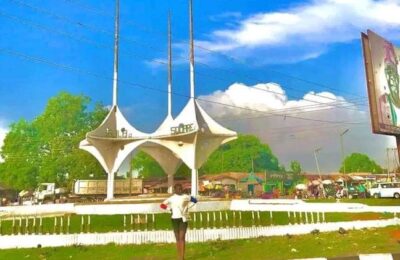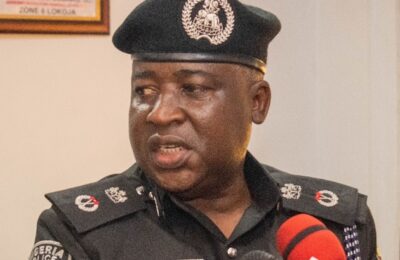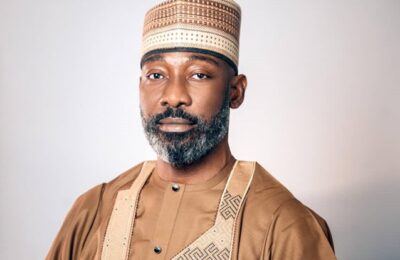At first glance, the question sounds like national arrogance: Is Nigeria the best country in the world? Yet behind that question lies a deep paradox—a nation that bleeds daily from economic pain, insecurity, and broken systems, while its people continue to radiate resilience, creativity, and faith. The contrast is striking, and it demands honest answers rather than empty patriotism.
And the truth, drawn from the people themselves, is sobering. According to a recent NOIPolls survey, more than 7 in 10 Nigerians said they were dissatisfied with 2024, citing inflation, unemployment, and insecurity as their greatest frustrations. Another poll revealed that 53% of Nigerians want the government to prioritize agriculture, while 42% demand better economic policies, and 35% insist on improved security. These figures do not describe a “best country”; they describe a struggling nation.
Yet, in the same breath, hope refuses to die. A GeoPoll study found that nearly 69% of Nigerians still believe the country’s future will be better. This resilience, often mistaken for blind optimism, is in fact the heartbeat of a people who have refused to surrender to despair.
But how do we reconcile these extremes—bitter disappointment and stubborn hope? On one hand, Nigeria is plagued by governance failures, from unchecked corruption to weak institutions. On the other hand, it shines globally through Nollywood, Afrobeats, and the undeniable ingenuity of its youth. On one hand, daily survival feels like a battle. On the other, cultural pride fuels the conviction that tomorrow can redeem today.
Still, being “the best” is not a matter of potential alone. It is about delivery. And that is where Nigeria stumbles. While the nation boasts abundant natural resources and one of the world’s youngest populations, these advantages remain largely untapped. Instead, citizens wrestle with erratic power supply, escalating food prices, and a widening gap between leaders and the led.
And this is why polls matter. They do not merely record frustration; they signal direction. Nigerians are not asking for miracles. They are asking for safety in their homes, affordable food on their tables, fairness in governance, and dignity in everyday life. If these basics remain elusive, then the question of being “the best” collapses into irony.
Nevertheless, greatness is not an impossibility. For every failed policy, there is an untold story of ordinary Nigerians building businesses from scratch, creating art that moves the world, and showing solidarity in times of crisis. This dual reality—pain and promise—is what gives Nigeria its unique identity.
So, is Nigeria the best country in the world? Not yet. But it is a country whose people still believe it can be. And perhaps that belief, sustained against all odds, is itself a form of greatness—a raw material that, if refined by accountable leadership and visionary governance, could one day make the claim more than just a question.
– Inah Boniface Ocholi writes from Ayah – Igalamela/Odolu LGA, Kogi state.
08152094428 (SMS Only)




